
CPB Majors and Minors
Biomedical Engineering Major
Biomedical engineering is a branch of engineering that integrates life sciences and engineering. Biomedical engineers analyze, design, synthesize, and test products and processes in a variety of areas, such as medical equipment and instrumentation, pharmaceuticals, biotechnology, prosthetics and biomimetic materials.
Biomedical engineering students learn to apply the concepts of chemistry, physics, biological sciences, and mathematics to solve problems in bioprocess engineering, medical products development, and research and development. Within the biomedical engineering curriculum, students can select technical electives to focus on the following areas: Bioinformatics, Biomedical, Bioinstrumentation, Clinical Engineering, Biomechanics, Biomedical Materials, and Pre-medical.
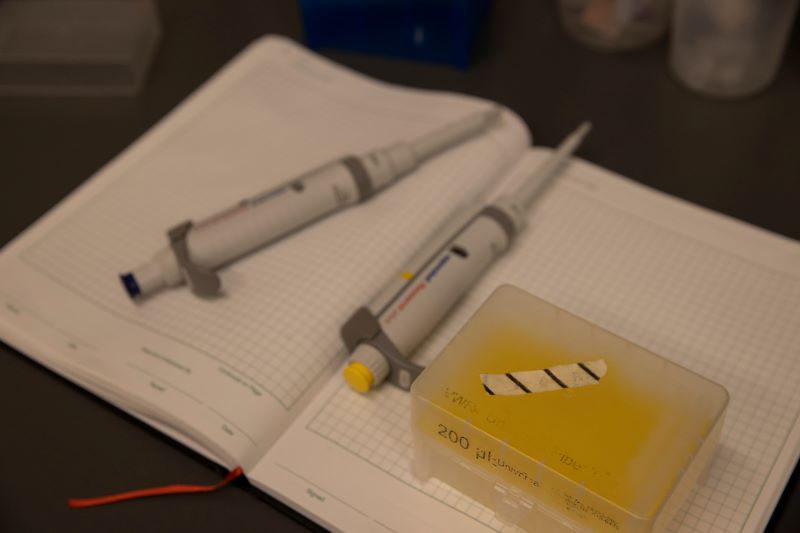
This degree program is accredited by the Engineering Accreditation Commission of ABET, https://www.abet.org, under the commission’s General Criteria and Program Criteria for Bioengineering and Biomedical and Similarly Named Engineering Programs.
Chemical Engineering Major
Chemical engineering is a branch of engineering that applies chemistry, physics, biology, and mathematics to problems related to the production, conversion, transport, and use of chemicals and materials. Everything we use each day has involved the transformation of a raw material to a product. Chemical engineers are involved in such transformations through the design, development, maintenance, and analysis of the chemical processes and products, ensured safety and environmental protection, and efficient use of materials and energy.
Numerous industries employ chemical engineers. Examples include chemical manufacturers, manufacturers of paper and synthetic fibers, gas and oil companies, pharmaceutical companies, environmental consultants, and biotechnology firms. Chemical engineers are amongst the highest paid engineers.
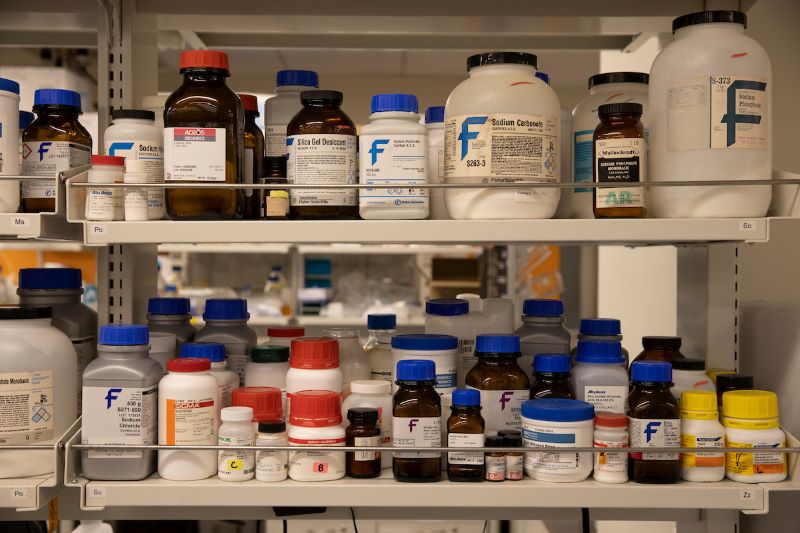
This degree program is accredited by the Engineering Accreditation Commission of ABET, https://www.abet.org, under the commission’s General Criteria and Program Criteria for Chemical, Biochemical, Biomolecular, and Similarly Named Engineering Programs.
Engineering Management Major
Engineering management offers an interdisciplinary program that integrates engineering, business, the sciences, mathematics, and liberal arts. Students majoring in Engineering Management will graduate with a BS in Engineering from the College of Engineering and Computing.
The Chemical, Paper, and Biomedical Department offers two different focus areas of Engineering Management:
- Paper Science and Engineering - applies engineering and economic principles to pulp and papermaking processes.
- Environmental Engineering - applies engineering and economic principles to environmental issues and cost-effective prevention and control of pollution.

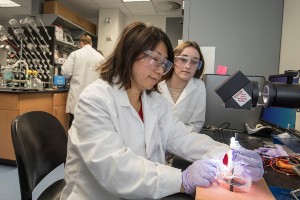
Clinical Engineers apply engineering principles in hospitals and with medical device companies. They strive to meet the growing technical demands in healthcare industry by looking for ways to solve healthcare problems to improve safety and make care more efficient.
You can be a part of a niche engineering field that helps patients by working both in the hospital setting or by working for companies creating breakthrough medical technologies.

The Environmental Engineering minor provides an understanding of basic chemical and environmental engineering principles, concepts, and methodologies and how they are applied to the design and performance of unit operations and processes for energy generation and pollution treatment and control.
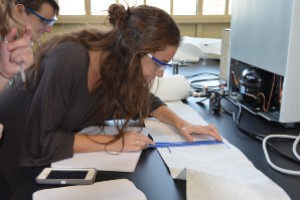
The objective of the Paper Science and Engineering program is to provide Miami students the opportunity to explore the pulp and paper industry through coursework, networking, and work experiences. The minor provides students an understanding of fundamental engineering principles and their applications to the pulp and paper industry, through the integration of theory, laboratory experiences, and design. The minor will prepare students for a career in companies in and allied to the pulp and paper industry.

The objective of the Paper Science and Engineering program is to provide Miami students, the opportunity to explore the pulp and paper industry through coursework, networking, and work experiences. The minor introduces the materials science and engineering processes of pulp and paper manufacturing to students majoring in Chemistry. The educational experience will prepare students for a career as a process chemist or field chemist in the pulp and paper or allied industries.
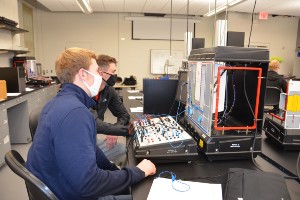
The Process Control minor is designed to complement technical majors by providing additional education in the broad skill set required of process engineers, especially for the chemical and paper industries. It includes topics in computer programming, electronics and circuits, instrumentation and others. Check out the Miami University Bulletin for more information:
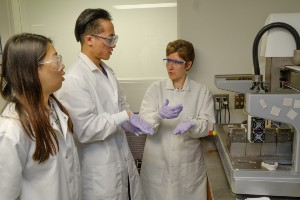
Regulatory Affairs professionals are employed within the healthcare industry - pharmaceutical, medical device, biotechnology, government, legal, and clinical research.
The Regulatory Affairs minor pairs well with a degree in biology, engineering, pharmacology, microbiology, biochemistry, kinesiology, chemistry, or any healthcare degree.